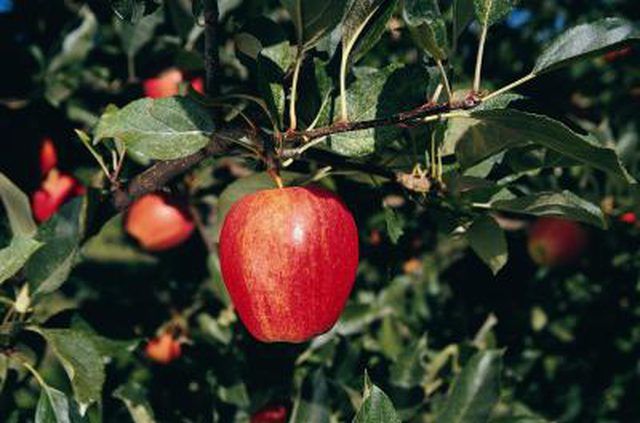Bulbs
Flower Basics
Flower Beds & Specialty Gardens
Flower Garden
Garden Furniture
Garden Gnomes
Garden Seeds
Garden Sheds
Garden Statues
Garden Tools & Supplies
Gardening Basics
Green & Organic
Groundcovers & Vines
Growing Annuals
Growing Basil
Growing Beans
Growing Berries
Growing Blueberries
Growing Cactus
Growing Corn
Growing Cotton
Growing Edibles
Growing Flowers
Growing Garlic
Growing Grapes
Growing Grass
Growing Herbs
Growing Jasmine
Growing Mint
Growing Mushrooms
Orchids
Growing Peanuts
Growing Perennials
Growing Plants
Growing Rosemary
Growing Roses
Growing Strawberries
Growing Sunflowers
Growing Thyme
Growing Tomatoes
Growing Tulips
Growing Vegetables
Herb Basics
Herb Garden
Indoor Growing
Landscaping Basics
Landscaping Patios
Landscaping Plants
Landscaping Shrubs
Landscaping Trees
Landscaping Walks & Pathways
Lawn Basics
Lawn Maintenance
Lawn Mowers
Lawn Ornaments
Lawn Planting
Lawn Tools
Outdoor Growing
Overall Landscape Planning
Pests, Weeds & Problems
Plant Basics
Rock Garden
Rose Garden
Shrubs
Soil
Specialty Gardens
Trees
Vegetable Garden
Yard Maintenance
How to Spray to Prevent Fruit Trees From Producing Fruit
How to Spray to Prevent Fruit Trees From Producing Fruit. High yielding fruit trees can be either a blessing or a curse, depending on your point of view. Some gardeners plant fruit trees and later decide that the fruit is undesirable because it attracts animals or because it can make lawn maintenance around the tree difficult. Luckily, there are...

High yielding fruit trees can be either a blessing or a curse, depending on your point of view. Some gardeners plant fruit trees and later decide that the fruit is undesirable because it attracts animals or because it can make lawn maintenance around the tree difficult. Luckily, there are sprays available that gardeners and landscapers can use to prevent fruit trees from producing fruit. Furthermore, these fruit-eliminating sprays are relatively easy to mix and apply.
Things You'll Need
Fruit-eliminating spray
Hand sprayer
Analyze the target tree (or trees) to decide how much and what type of fruit-eliminating spray you will need. Several varieties of sprays are available, usually in concentrated form. Concentrated sprays require you to mix a few ounces of the concentrate with a gallon of water in a hand sprayer. Other ready-to-use sprays are available as well. Note that mixing rates and concentrations can vary among spray varieties. In addition, the amount of spray may vary based on tree size so it is best to overestimate the amount you will need if you are unfamiliar with the process.
Schedule a day to spray. You will want to spray when the target tree is at the mid- to full-blooming stage of development. You will also want to pick a day without high wind speeds and/or high temperatures. Fruit-eliminating sprays generally work by producing an increase in ethylene, a plant hormone produced by the plant during stressful situations. The creation of this stress-induced hormone will inhibit fruit production but may also damage the tree if the spray is applied when the tree is in an already-stressed condition.
Mix the spray in your hand sprayer (if you are using a concentrate) according to the directions on the label. Make sure to follow directions carefully and note that certain trees may require a higher or lower concentration of the mix.
Spray the fruit tree with the solution. Make sure to cover the blossoms completely with the spray for best results. When spraying, your goal is to simply wet the foliage, and the blossoms. Do not spray to the point where the solution is not running off the foliage.
Tips & Warnings
If you are treating a sensitive fruit tree, such as a Carob, use a lower concentration of spray solution to avoid harming the tree.
Most fruit-eliminating sprays, especially those that are hormone-based, suggest that they be applied when the temperature is between 65 and 90 degrees Fahrenheit.
Fruit-eliminating sprays may cause some leaves to turn yellow and fall off the tree.
Concentration of the spray is vital to success. If the concentration is too low the spray may actually increase fruit production and if the concentration is too high you may damage the tree.